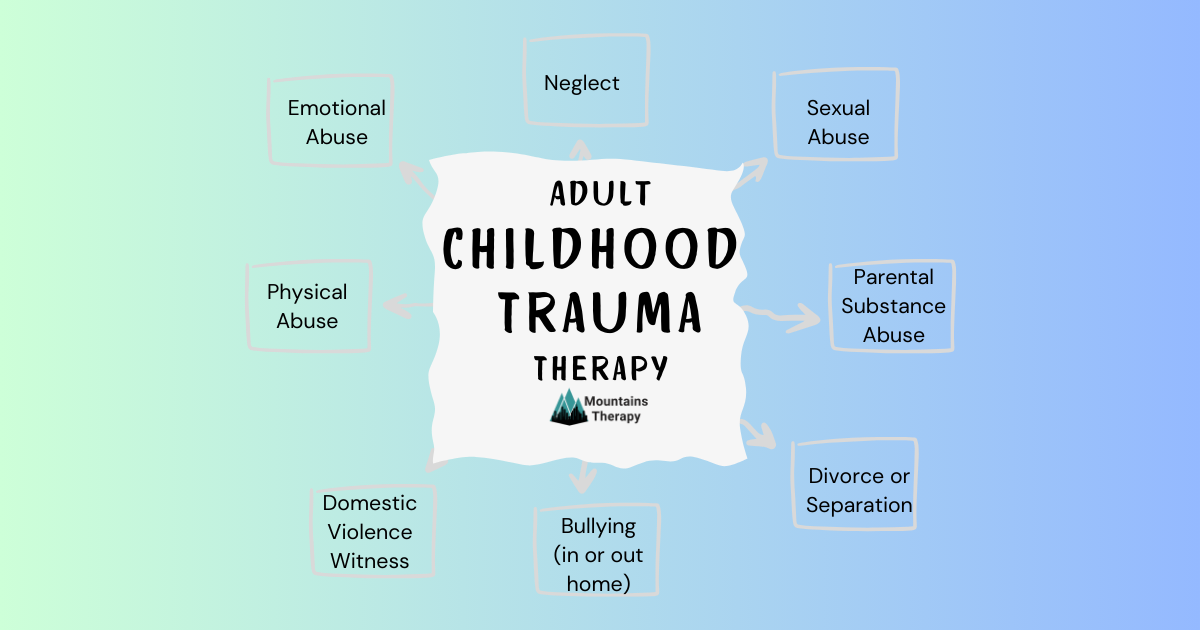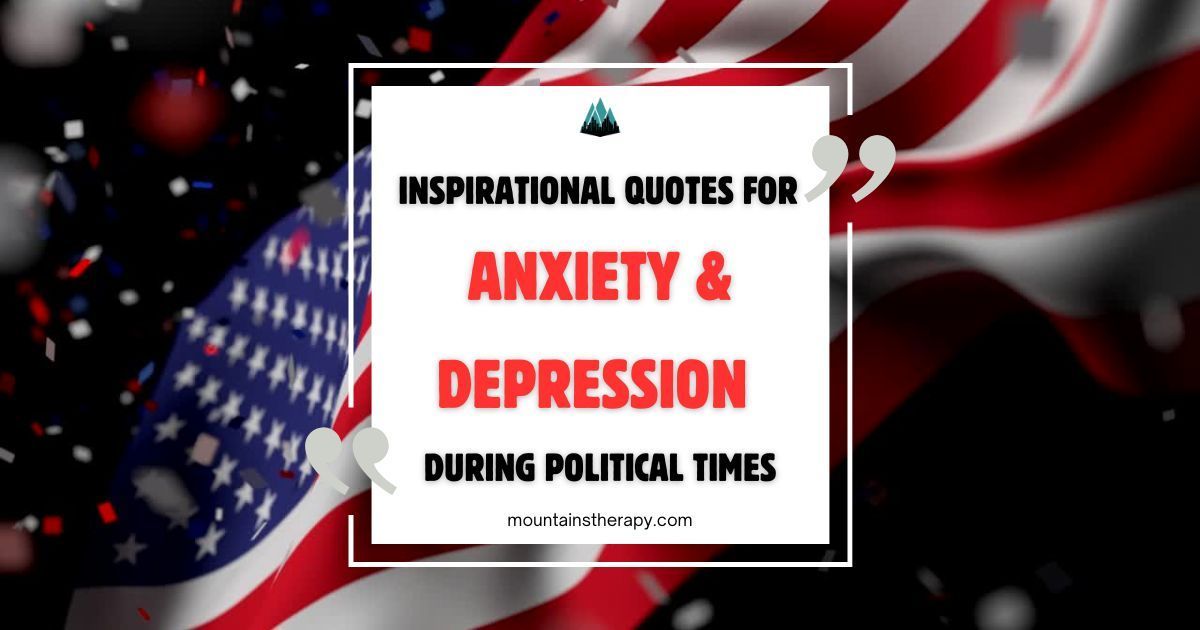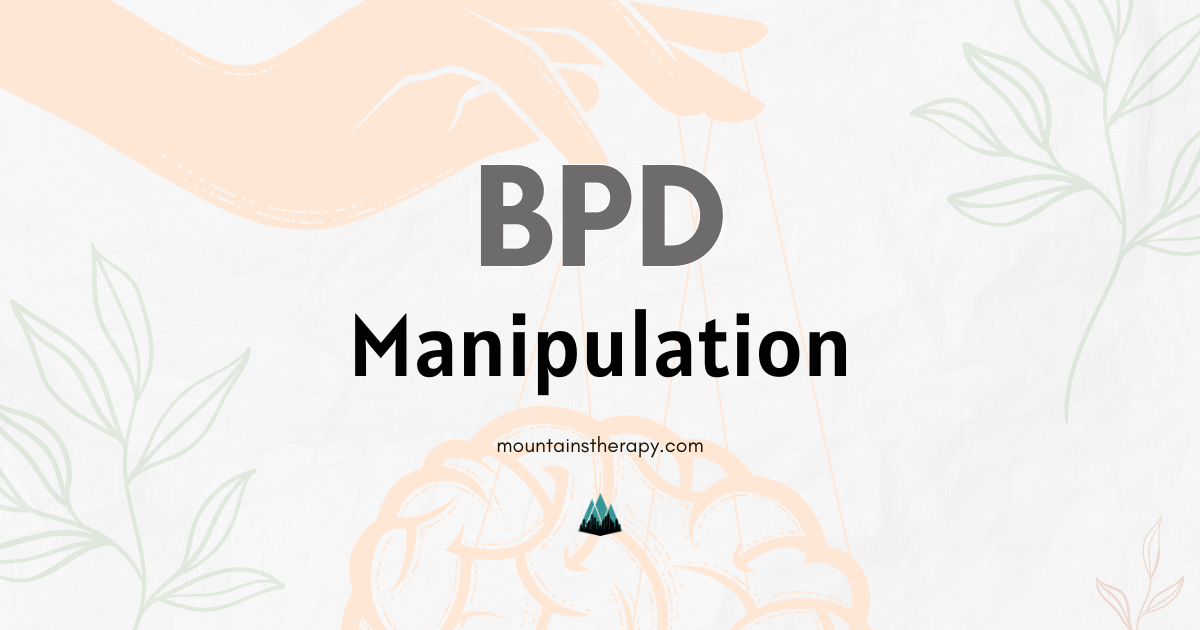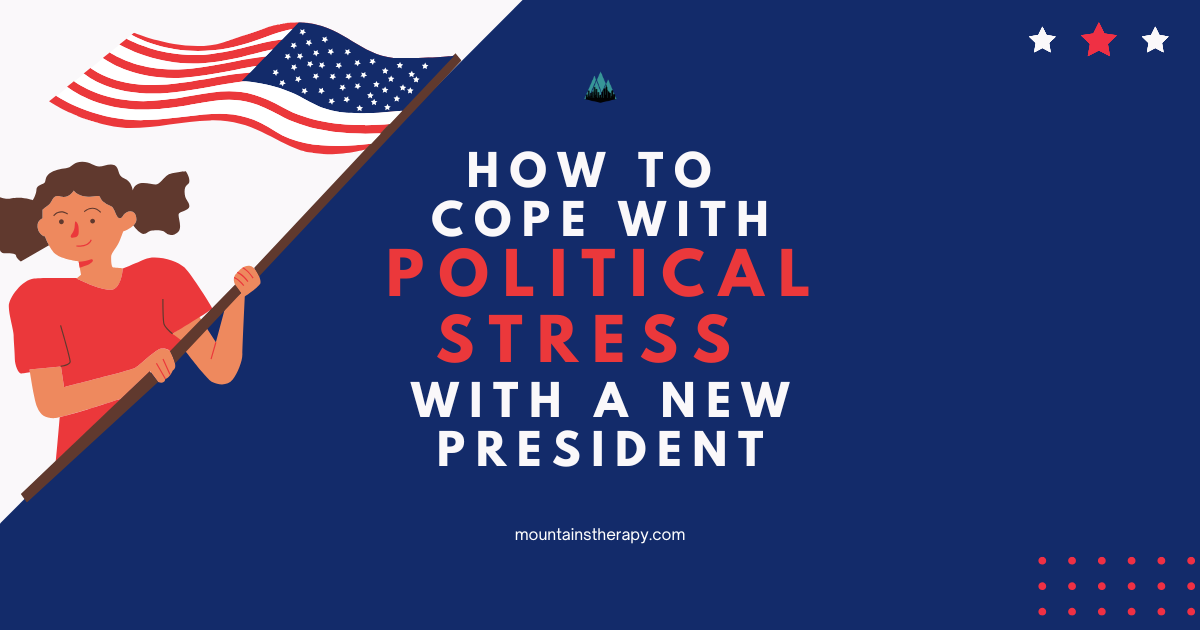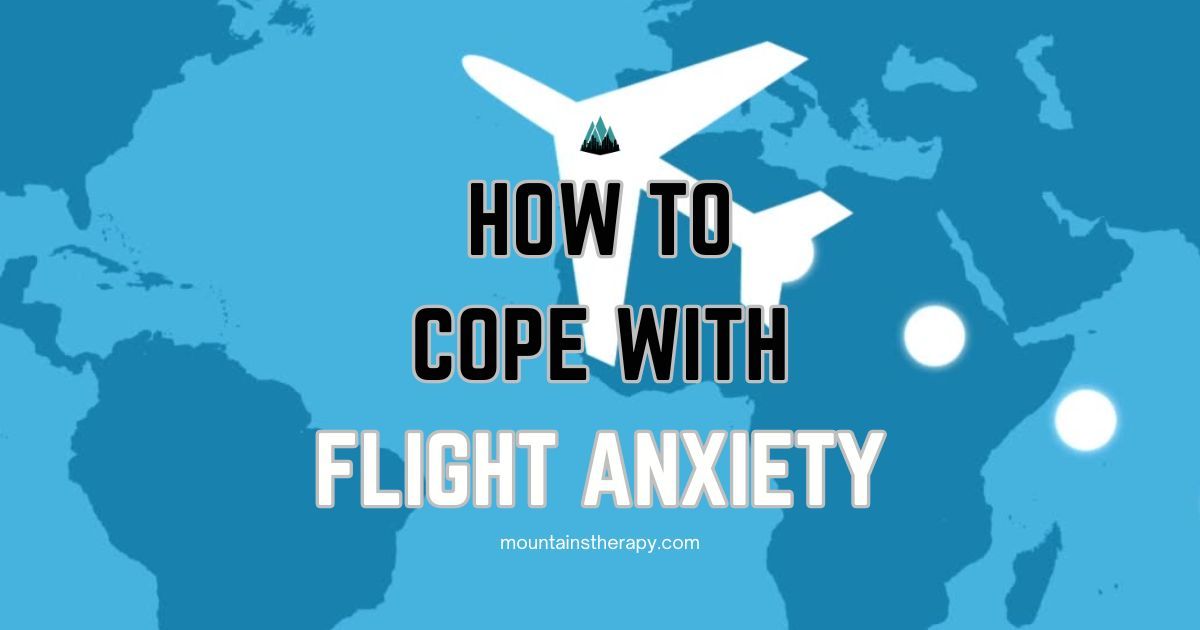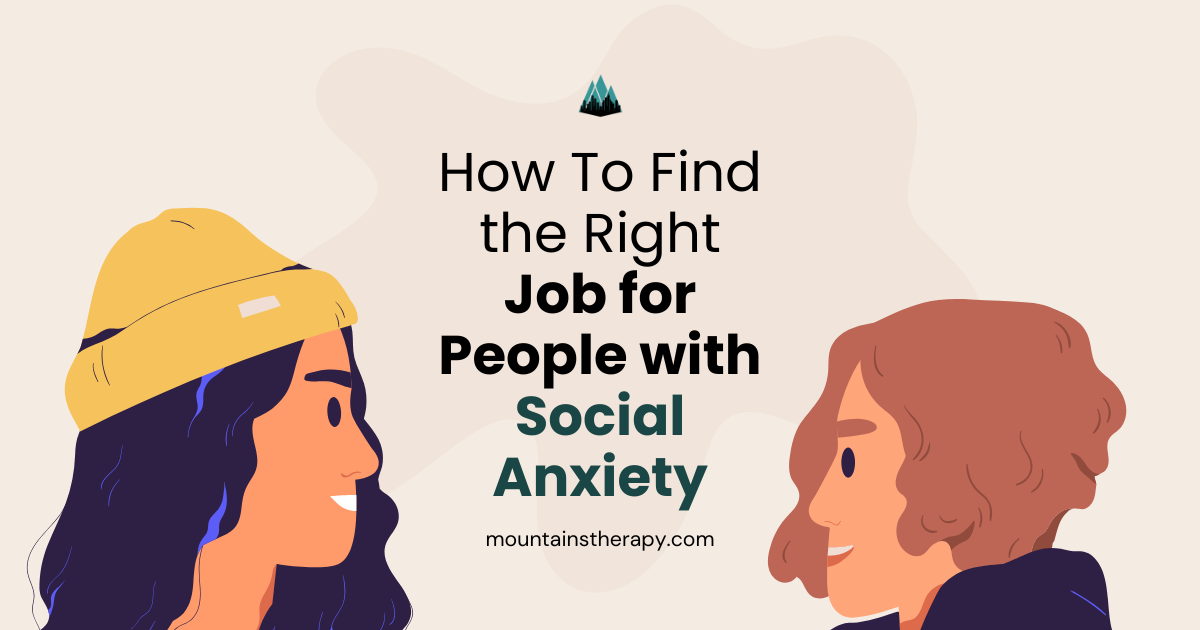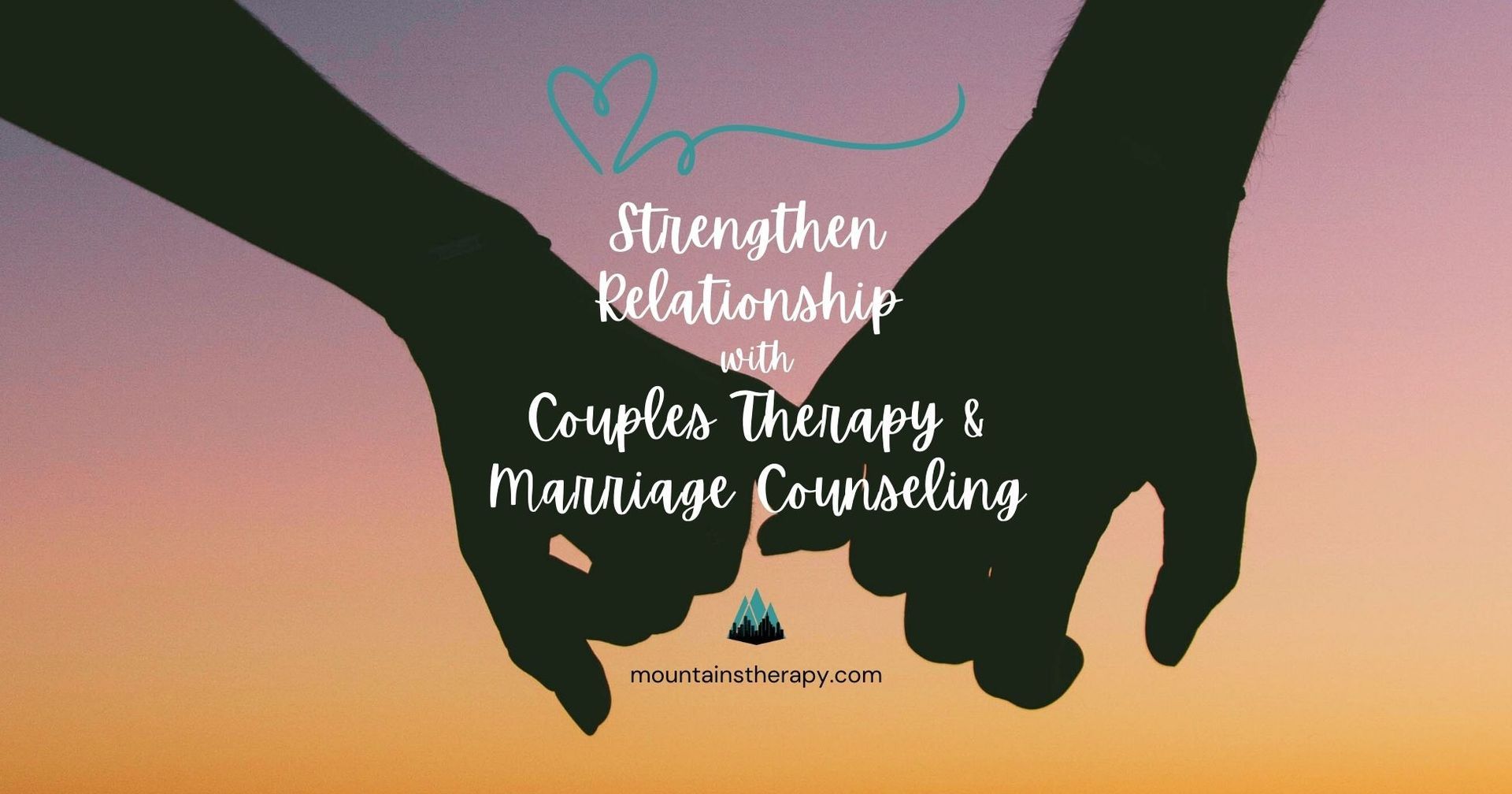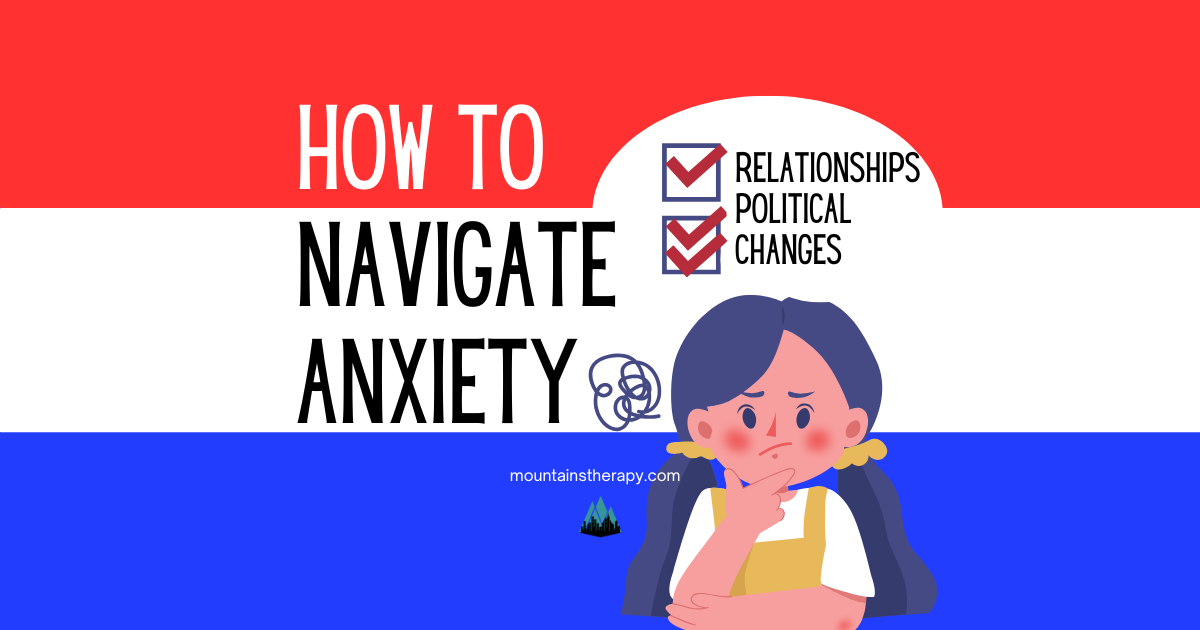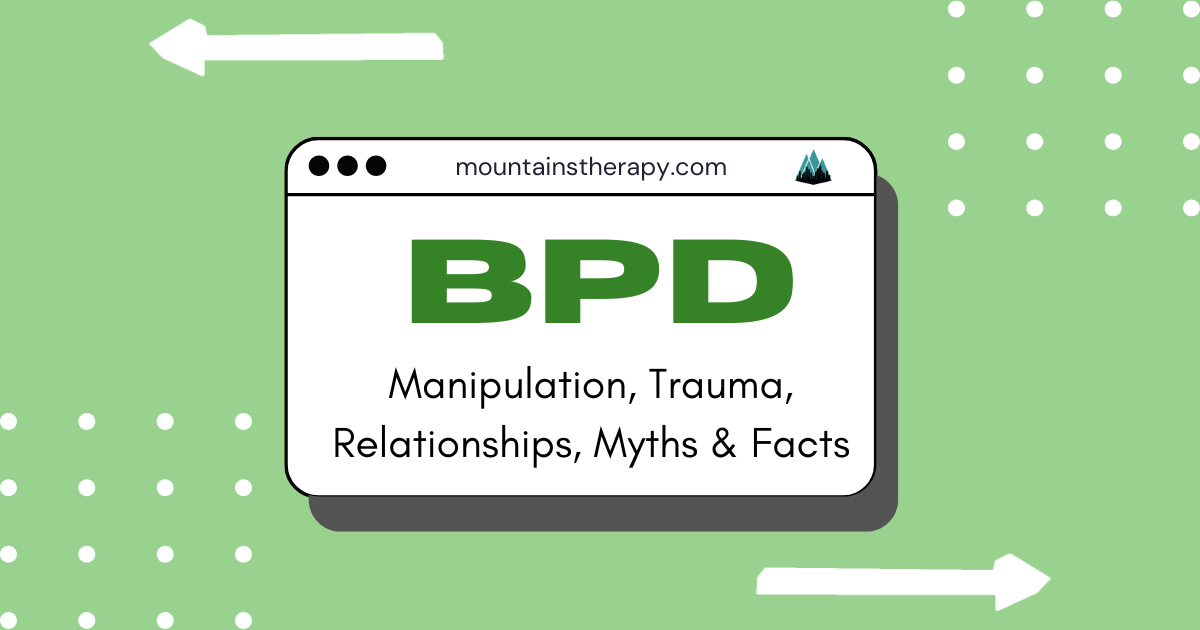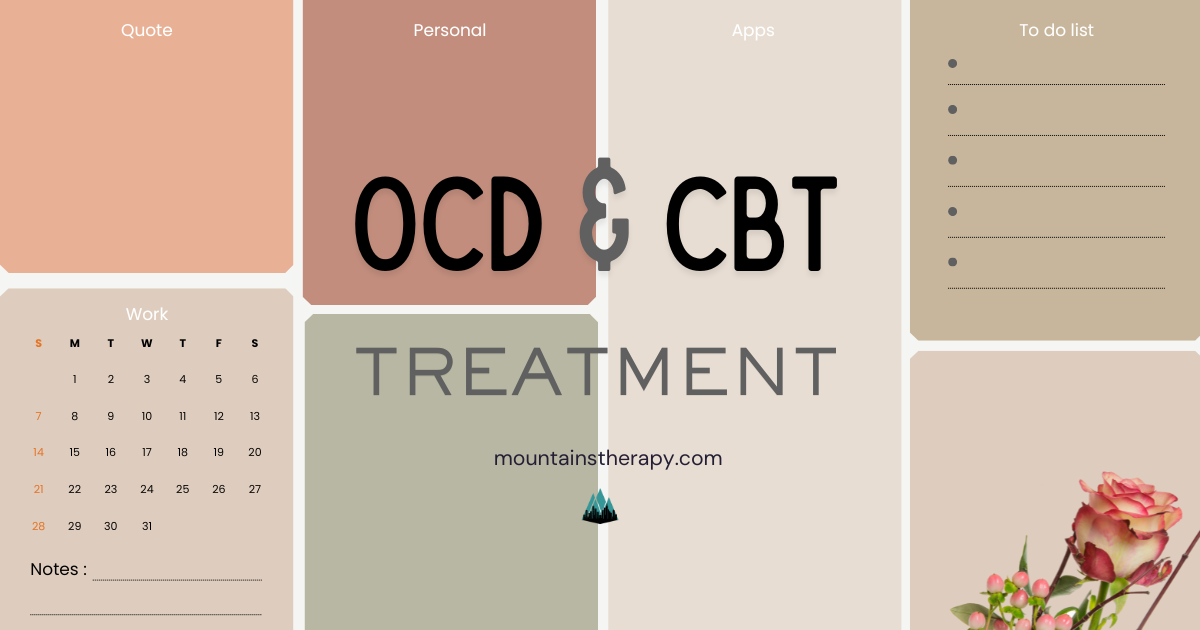How to Know and Treat Adult Symptoms of Childhood Trauma
Learn more about our Childhood Trauma Therapists here.
At Mountains Therapy, we know that childhood trauma can profoundly shape adulthood, leaving a lasting impact on emotional, physical, and relational health. The good news is that healing is possible with the right support. Whether you’re seeking a Trauma Therapist, Cognitive Behavioral Therapist, or Grief Counselor, understanding trauma and available treatments can empower you to regain control over your life.
What Are the Most Common Childhood Traumas That Impact Adulthood?
Childhood traumas vary in intensity and type, but their effects can be long-lasting. Here are eight of the most common types of childhood trauma and how they influence adult symptoms:
- Emotional Abuse
Repeated criticism, manipulation, or verbal attacks can leave lasting scars, manifesting as low self-esteem, trust issues, or difficulty managing emotions in adulthood. - Physical Abuse
Experiences of physical harm, such as hitting or slapping, can lead to heightened fear responses, hypervigilance, and difficulties feeling safe. - Sexual Abuse
Unresolved sexual abuse can cause challenges with intimacy, self-worth, and identity. Many adults may also struggle with PTSD or avoidance behaviors. - Neglect
Emotional or physical neglect, where basic needs aren’t met, often creates feelings of abandonment, unworthiness, or difficulty relying on others. - Witnessing Domestic Violence
Observing violence between caregivers can result in anxiety, difficulty forming healthy relationships, or chronic fear of conflict. - Parental Substance Abuse
Growing up in an unstable household with addiction often leads to unpredictability, fear, and potential adoption of unhealthy coping mechanisms in adulthood. - Divorce or Parental Separation
Experiencing the breakdown of a family structure can lead to feelings of insecurity, abandonment, or self-blame, often influencing future relationships. - Bullying (In or Out of the Home)
Persistent emotional, verbal, or physical harm from peers or siblings can damage self-esteem and create lasting feelings of worthlessness or isolation.
What Are the Common Adult Symptoms of Childhood Trauma?
Unresolved childhood trauma can show up in ways that are often mistaken for other issues. Here’s a deeper look at the symptoms and how they manifest:
- Emotional Dysregulation
Intense mood swings, frequent anger, or difficulty calming down in stressful situations are common. Adults with childhood trauma might feel like their emotions are “too much” or struggle with shame about their reactions. - How therapy can help: A DBT Therapist can teach practical tools for managing intense emotions, helping you build confidence in your ability to regulate.
- Relationship Struggles
Trauma often impacts attachment styles, leading to patterns of avoidance, clinginess, or toxic relationships. You might find it hard to trust others or fear rejection and abandonment. - How therapy can help: Working with a Couples Therapist or Family Therapist can help improve communication, set healthy boundaries, and build trust in relationships.
- Chronic Mental Health Issues
Persistent anxiety, depression, or feelings of emptiness are common for adults with unresolved trauma. You might feel “stuck” in sadness or have difficulty finding joy in everyday life. - How therapy can help: A Depression Therapist or Anxiety Therapist can help address the underlying trauma while providing tools for managing day-to-day symptoms.
- Physical Health Complaints
Trauma is often stored in the body, manifesting as chronic pain, fatigue, gastrointestinal issues, or frequent illness. - How therapy can help: Therapies that integrate the body and mind, such as somatic therapy or mindfulness-based approaches, help release stored trauma and alleviate physical symptoms.
- Avoidance and Numbing Behaviors
Overworking, excessive screen time, substance abuse, or other numbing behaviors might be a way to avoid painful feelings or memories. - How therapy can help: Behavioral therapies focus on breaking these cycles, helping you develop healthier ways to cope with stress.
- Hypervigilance and PTSD Symptoms
Feeling constantly on edge, struggling with intrusive thoughts, or avoiding specific triggers are signs of unresolved trauma. - How therapy can help: A PTSD Therapist can guide you through trauma-focused therapy, helping you process and integrate these memories safely.
- Self-Esteem and Identity Issues
Adults who experienced trauma as children may struggle with self-worth, feeling “not enough” or overly critical of themselves. - How therapy can help: Self-compassion and identity work through therapy help rebuild a strong, positive sense of self.
What Are the Different Types of Trauma?
Trauma can stem from a wide range of experiences, each with its own challenges and symptoms. Understanding the type of trauma you’ve experienced can help guide treatment:
- Acute Trauma:
- This results from a single, distressing event, such as a car accident, natural disaster, or assault.
- Symptoms: Shock, flashbacks, and heightened anxiety.
- Therapy: A PTSD Therapist can help you process the event and reduce its emotional grip.
- Chronic Trauma:
- Long-term exposure to harmful situations, such as ongoing abuse, neglect, or bullying, falls under chronic trauma.
- Symptoms: Persistent fear, trust issues, and emotional numbness.
- Therapy: A combination of Trauma Therapy and CBT can address these symptoms.
- Complex Trauma (CPTSD)
- Complex trauma arises from prolonged or repeated traumatic experiences, often during childhood, such as emotional, physical, or sexual abuse.
- Symptoms: Emotional dysregulation, identity disturbances, relationship struggles, and feelings of shame or guilt.
- Therapy: Therapies like DBT, Attachment-Based Therapy, and Mindfulness-Based Therapy can help manage CPTSD symptoms.
- Developmental Trauma
- This occurs when a child experiences neglect, inconsistent caregiving, or abuse during critical developmental stages.
- Symptoms: Difficulty forming relationships, low self-esteem, and emotional immaturity.
- Therapy: An Attachment-Based Therapist can help heal relational patterns and foster self-trust.
- Intergenerational Trauma
- This type of trauma is passed down through families, often manifesting as patterns of fear, anxiety, or self-destructive behaviors.
- Symptoms: Inherited emotional pain or unhealthy coping strategies.
- Therapy: Exploring family dynamics with a Family Therapist or Behavioral Therapist can help break the cycle.
- Vicarious Trauma
- This occurs when someone is deeply affected by another person’s traumatic experience, often seen in caregivers or first responders.
- Symptoms: Emotional fatigue, anxiety, and withdrawal.
- Therapy: Self-care strategies and counseling with a Wellness Therapist are critical.
- Cultural and Systemic Trauma
- Experiences of discrimination, marginalization, or oppression can lead to cultural trauma.
- Symptoms: Identity struggles, anxiety, and anger.
- Therapy: Working with an BIPOC or LGBTQIA2S+ Therapist or a therapist who understands cultural trauma can provide tailored support.
What Are PTSD and Complex PTSD?
Understanding PTSD and CPTSD is key to recognizing the effects of unresolved trauma:
- Post-Traumatic Stress Disorder (PTSD)
- PTSD occurs after experiencing or witnessing a traumatic event, such as a violent attack or natural disaster.
- Symptoms: Flashbacks, nightmares, emotional numbness, hypervigilance, and avoidance of triggers.
- Therapy: Cognitive Behavioral Therapy (CBT) and Trauma-Focused Therapy are effective in addressing PTSD.
- Complex Post-Traumatic Stress Disorder (CPTSD)
- CPTSD results from prolonged trauma, such as ongoing abuse or captivity.
- Symptoms: Emotional dysregulation, difficulty trusting others, chronic guilt or shame, and a fragmented sense of self.
- Therapy: DBT, Attachment-Based Therapy, and Somatic Therapy are ideal for managing the complexities of CPTSD.
What Therapies Are Effective for Addressing Childhood Trauma?
Healing childhood trauma requires a personalized approach, as everyone’s experience is unique. At Mountains Therapy, we offer a range of therapies to meet diverse needs.
- Trauma-Focused Cognitive Behavioral Therapy (TF-CBT)
- This therapy combines traditional CBT techniques with trauma-specific interventions. It helps you identify and reframe negative beliefs rooted in trauma.
- Who benefits from TF-CBT: Adults experiencing intrusive thoughts, anxiety, or depression related to past trauma.
- What to expect from TF-CBT: Structured sessions with practical tools to challenge unhelpful thinking patterns and develop healthier coping mechanisms.
- Dialectical Behavior Therapy (DBT)
- DBT is designed for individuals struggling with intense emotions or self-destructive behaviors. It’s particularly effective for those who feel overwhelmed or out of control emotionally.
- Who benefits from DBT: Adults with emotional dysregulation, borderline personality disorder, or chronic relational conflict.
- What to expect from DBT: Learning skills for emotional regulation, mindfulness, and distress tolerance in a supportive environment.
- Attachment-Based Therapy
- Early attachment wounds often manifest as trust issues, fear of intimacy, or unhealthy relational patterns. This therapy addresses those wounds and helps rebuild secure connections.
- Who benefits Attachment-Styles Therapy : Adults with challenges in romantic, familial, or social relationships.
- What to expect Attachment-Styles Therapy: Exploring past attachment patterns and learning tools to build healthier relationships today.
- Mindfulness-Based Therapy
- This approach focuses on present-moment awareness and self-compassion. It’s effective for reducing anxiety, managing stress, and releasing stored trauma.
- Who benefits from mindfulness therapy: Adults who feel “stuck” in the past or overwhelmed by daily stress.
- What to expect from mindfulness therapy: Guided mindfulness exercises to foster calm, clarity, and self-acceptance.
- Behavioral Therapy
- Behavioral therapy focuses on identifying and changing unhealthy behaviors linked to trauma. This includes addressing avoidance, compulsions, or phobias.
- Who benefits from Behavioral Therapy: Adults whose trauma manifests as unhealthy coping mechanisms or specific fears.
- What to expect from Behavioral Therapy: Practical strategies for breaking cycles of avoidance and building healthier habits.
How Can These Therapies Support Healing from Childhood Trauma?
Therapies for trauma work together to address the emotional, physical, and relational impact of trauma. Here’s what you can gain from these approaches:
- Emotional Stability: Learn tools to manage intense emotions and reduce anxiety or depression.
- Improved Relationships: Strengthen connections with loved ones and build healthier communication patterns.
- Relief From Symptoms: Address physical manifestations of trauma, such as chronic pain or fatigue.
- Renewed Sense of Self: Build self-esteem and confidence, fostering a positive self-image.
How Can You Begin Your Trauma Healing Journey?
Taking the first step toward healing can feel daunting, but you don’t have to do it alone. Mountains Therapy offers a compassionate and personalized approach to trauma recovery.
We specialize in a range of therapy options, including:
- Individual Counseling for Adults
- Trauma-Focused Cognitive Behavioral Therapy (TF-CBT)
- Cognitive Behavioral Therapy (CBT) for Adults
- Dialectical Behavior Therapy (DBT) for Adults
- Anxiety and Depression Therapy for Adults
- Depression and Anxiety Counseling for Adults
- Family Counseling for Adults
- Couples Counseling for Adults
- Mindfulness-Based Therapy for Adults
Whether you’re looking for an Online Therapist, In-Person Therapist, or a Wellness Therapist, we’re here to guide you. Reach out today to connect with the Best Therapist in Montclair and start your journey toward healing. Remember: Your past doesn’t define your future. With the right support, you can heal, grow, and reclaim your life from the shadows of childhood trauma. You are worth the journey.
Blog Posts: Elevate Mental Health Blog by Mountains Therapy
IMPORTANT: Call 988 Suicide and Crisis Lifeline 24/7, visit emergency room, or call 911, If you or someone you know are in a mental health crisis or be in danger.
All Rights Reserved | Mountains Therapy LLC

